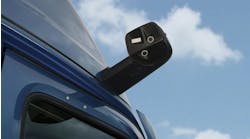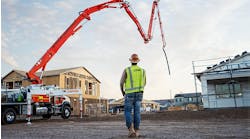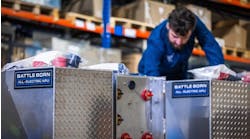Given the increasing complex nature of today’s vehicles with their components that have tighter tolerances, the role of maintenance to the successful operation of a fleet is more important than ever.
If you have not yet computerized your maintenance operations, here are some reasons why you should do it today.
- Offers end-to-end management — The right system will allow you to be more efficient and productive because it will tie processes together and eliminate manual data entry.
- Real time access to information — Whether it is used for equipment visibility, ease of record keeping, or dashboards, a computerized maintenance system gives you information in real time. This allows you to make better decisions.
- Integration with other systems — Computerizing your maintenance operation makes it easy to integrate data into your accounting software, telematics systems, diagnostics, purchase order system and payroll program. Additionally, record keeping in the cloud or on a server-based platform can eliminate record loss or data retention issues. It is neither efficient nor reliable to store years of paper records; a computerized system eliminates that headache.
- Ensures standardization — Most computerized maintenance systems use the Technology & Maintenance Council’s Vehicle Maintenance Reporting Standards (VMRS) to standardize written reporting and reduce miscommunication. Each vehicle system has its own code keys which can be broken down into more detail to zero-in on the actual complaint, cause and correction.
- Access across the organization — If you operate out of multiple locations, a computerized maintenance system allows you to have access to what is occurring at each location. Dashboards and Key Performance Indicators (KPIs) can be set-up and measured across the organization. Preventive maintenance schedules, parts inventories, fuel and tire usage, labor hours, and warranties are all things that can be set up across the entire organization.
While computerized maintenance systems can benefit your operation, they must be maintained and managed. It is not a set-it-and-forget-it solution. Over time, as your operation changes or as personnel turn over, you will need to update the system.
In addition, everyone involved in the maintenance process must be trained on how to properly use the system. When you have a focused plan, a computerized maintenance system will be the heartbeat of your operation and pay huge dividends in terms of profitability and better decision-making.


